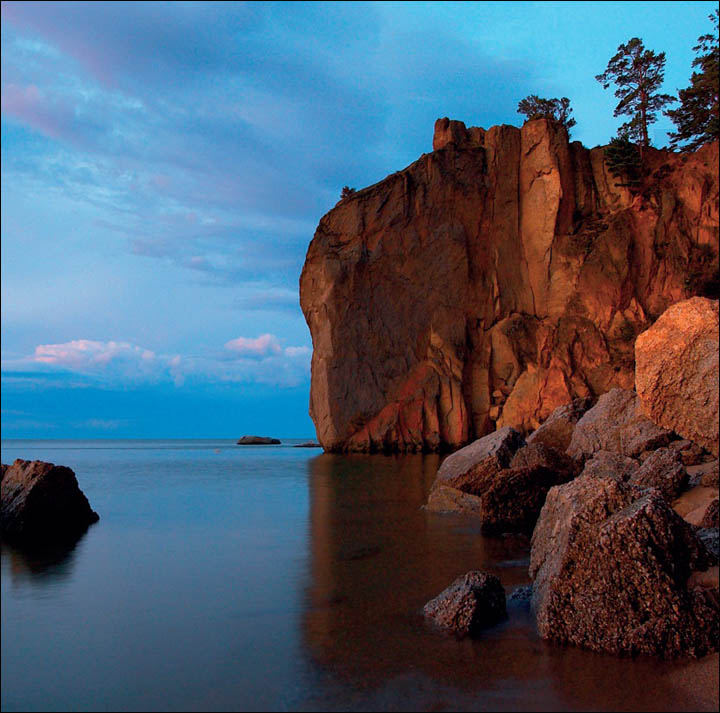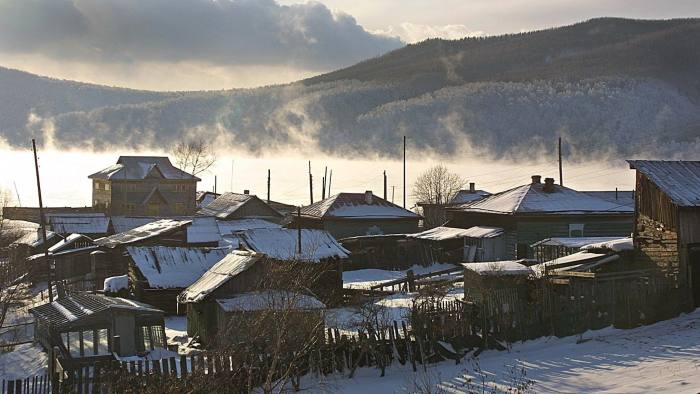Chinese Invasion of Russia
"If we let them, the Chinese will take over. They will just steal all the money and the local people will get nothing."
"They do not pay us a kopek [in business taxes]."
"If they paid the 20 percent required to the local budget, we would get the infrastructure and the schools that we need."
Andrei Sukhanov, 57, local business owner, Listvyanka, Siberia
 |
"People understand that China is a much more powerful country and its economy is producing numbers that Russia cannot hope to achieve."
"We feel this breath."
Yuri Pronin, editor, weekly Irkutsk newspaper
 |
| Lake Baikal, the deepest and oldest anywhere in the world. Picture: Oleg Shubarov |
They come to this popular tourist area on Lake Baikal in Listvyanka, Russia, in droves. And they see business opportunities. And like the natural entrepreneurs that they are, and with the aggressive drive that is so typical of Chinese seeing a business opportunity wherever they are, they begin to build and the locals are incensed and aggrieved. They build with a heavy hand, taking much for granted; that they can dispense with permits, that they can thrive without paying taxes.
Formerly a resident of St. Petersburg, 57-year-old Andrei Sukhanov had retreated to Siberia, opting for a bucolic lifestyle decades ago, and he chose to live beside the world's largest, deepest body of fresh water, the world-famed Siberian lake, in an impoverished community of 2,122 residents. He owns and operates a small, rustic motel to serve the hospitality needs of Russians who visit the region.
He was rather upset when a new Chinese-owned hotel built next door to his establishment erected a large sign certain to obstruct the view of Lake Baikal from his motel. The expanding presence of Chinese around Lake Baikal is hugely resented by the locals. Petitions, protests and court cases hoping to block the Chinese from the lake and nearby areas have proliferated.
 |
| Baikal is the world’s largest freshwater lake by volume |
When Vladimir Putin annexed Crimea from Ukraine in the ongoing conflict between the Russian Federation and one of its former satellites during the era of the USSR, relations with the West soured for Moscow and resulting sanctions bit deeply into the country's economy. In his search for a new partner, a trade, diplomatic and military cooperative venture seemed more than appropriate with China.
Just not in the resort town of Listvyanka. A wave of tourists from China and accompanying businesses has raised an atmosphere of loathing and suspicion. Fears of a Chinese land grab and pollution has fixed local attention on this vexatious problem even while local authorities view the visitors as possibly bringing jobs and economic development with them. The area saw over 1.6 million tourists visit last year, mostly Russian.
But the Chinese represented the largest foreign group, with 186,200 visitors, a leap of 37 percent from the year before. While a flight from the Lake Baikal area is six hours to Moscow, it is a mere two-hour flight from Beijing. And Russia's greater Siberia area is sparsely populated whereas China's burgeoning population has Beijing casting its covetous eye on territory that could absorb Chinese settlers ... 500 million Chinese live near the Siberian border, and possession after is nine-tenths of the law ... given time and migration.
 |
Siberia might not be viewed as the ideal setting for some, but those who love pine forests and mountain peaks, and a huge, deep, beautiful lake, extraordinary both in summer and winter, the draw is obvious. It's just that Listvyanka does not have the type of infrastructure that can sustain a larger population where sewage and trash collection are inadequate.
The owners of ten hotels constructed with Chinese financing have been taken to court, accused of building illegally on plots designated for single-family homes. Two hotels were ordered demolished and eight more may also receive the same orders. Construction of a bottling plant for exportation of water to China from a village near Listvyanka caused 1.1 million Russian signatures on an online petition to denounce the plan.
 |
| Chinese tourist on the Circum-Baikal Railway. Picture: Alexander Belenkiy/macos.livejournal.com |
Environmental concerns were cited when a district court in Irkutsk looked into halting the construction of the plant. And to top everything off, no business taxes are paid by the Chinese. The mayor of Listvyanka, Aleksandr A. Shamsudinov has been accused of exceeding his authority in issuing housing permits for single-family plots many of which have grown into illegal guesthouses for Chinese tourists as three-story, 14-bedroom buildings with balconies.
There is no central water or sewage system in the town. Side roads are unpaved, a kindergarten lacks indoor plumbing, pollutants seep into the lake causing algae blooms as a result of litter piling up. On the town's main Karl Marx Street, a sign in Chinese promises gifts for anyone spending over $1,200. In China a hit pop song, "On the Shore of Lake Baikal" inspires newlyweds to visit the area.
"Things are not calm in Listvyanka. There is all this nationalistic tension", commented Chinese-born businessman, Alexei Dzhao, 37, a Russian citizen who built two houses above Listvyanka. His Baikal Seal Guest House, meant to be a private home, saw the building permit revoked and he awaits a demolition order. He plans to move to Moscow.
 |
| The town of Listvyanka on Lake Baikal in winter. The town is popular with Chinese tourists and property investors © AFP |
Labels: China, Economy, Lake Baikal, Russia, Siberia, Tourism

<< Home